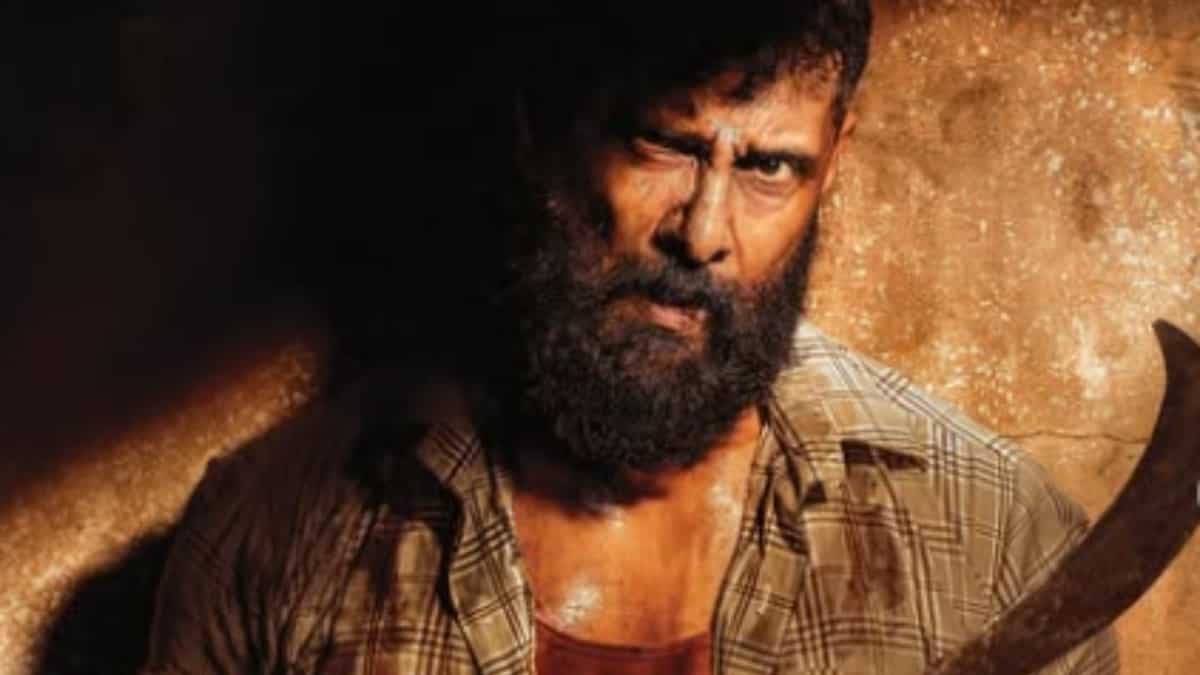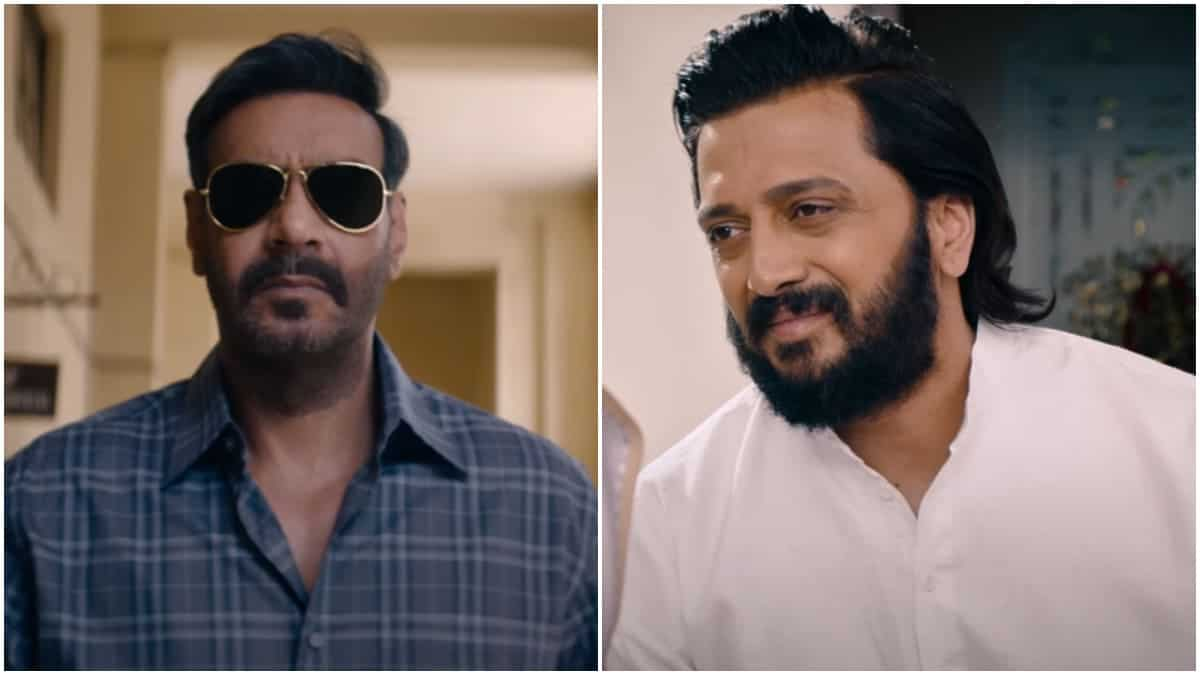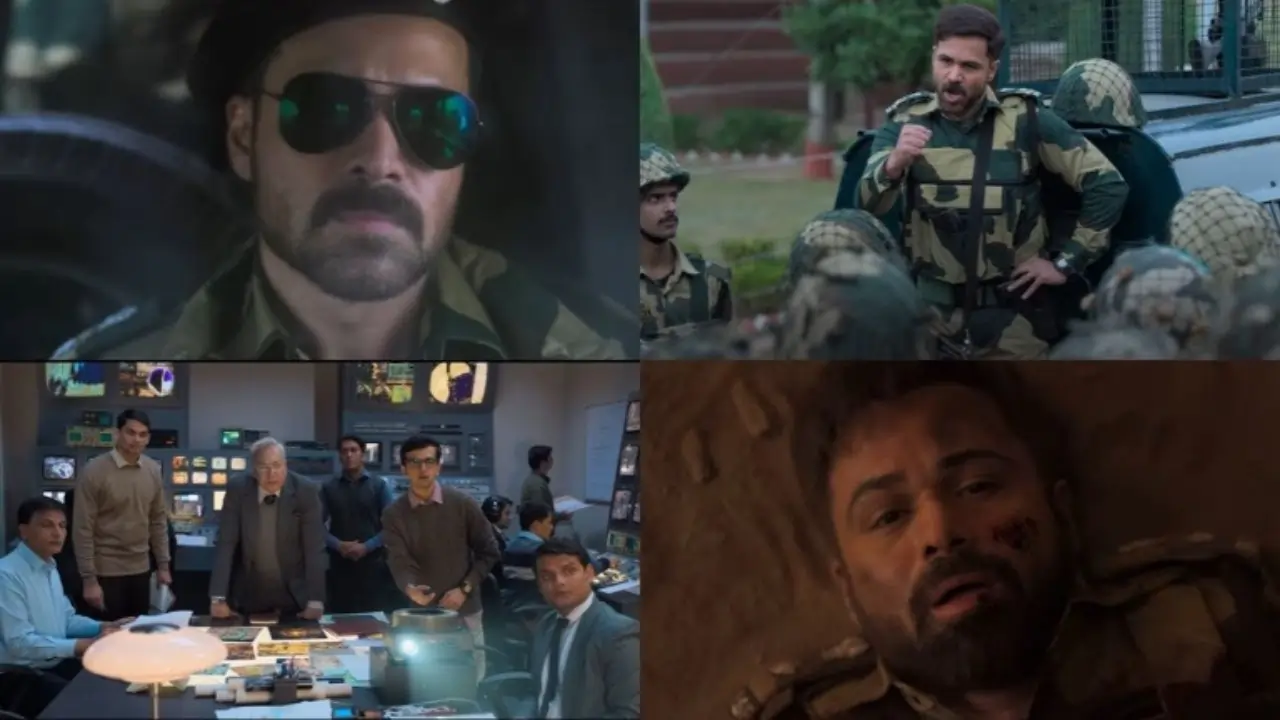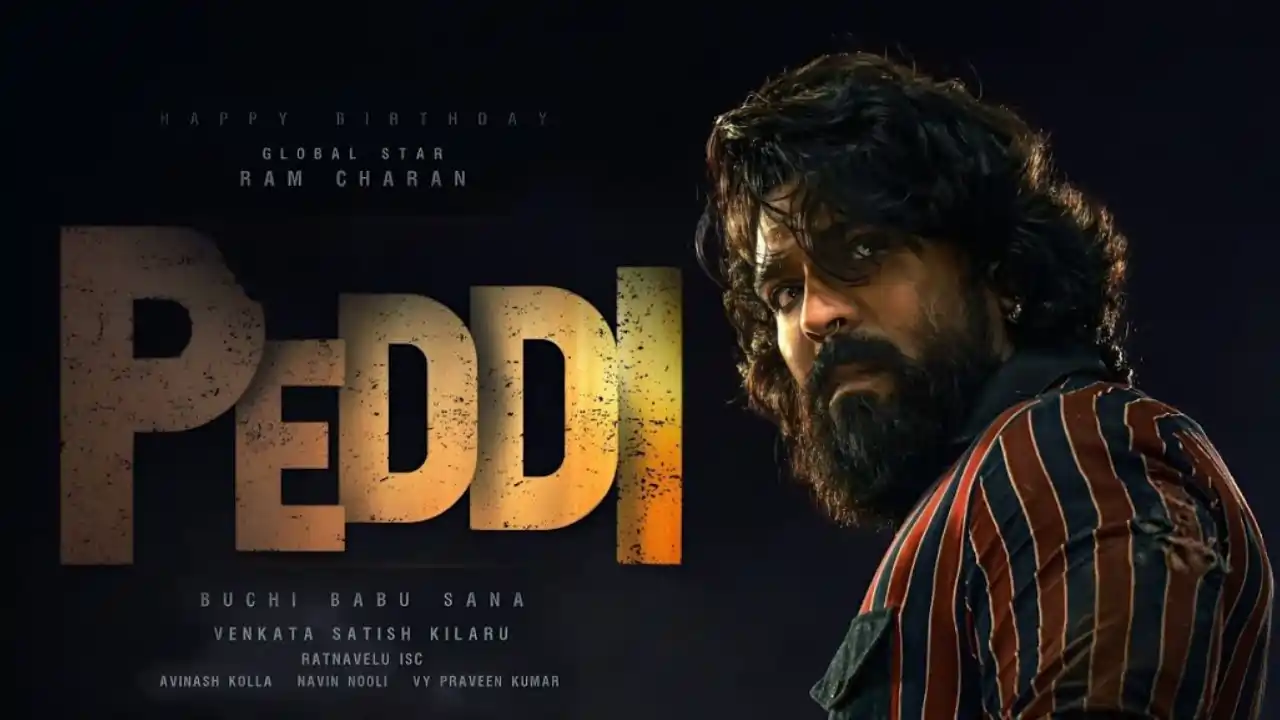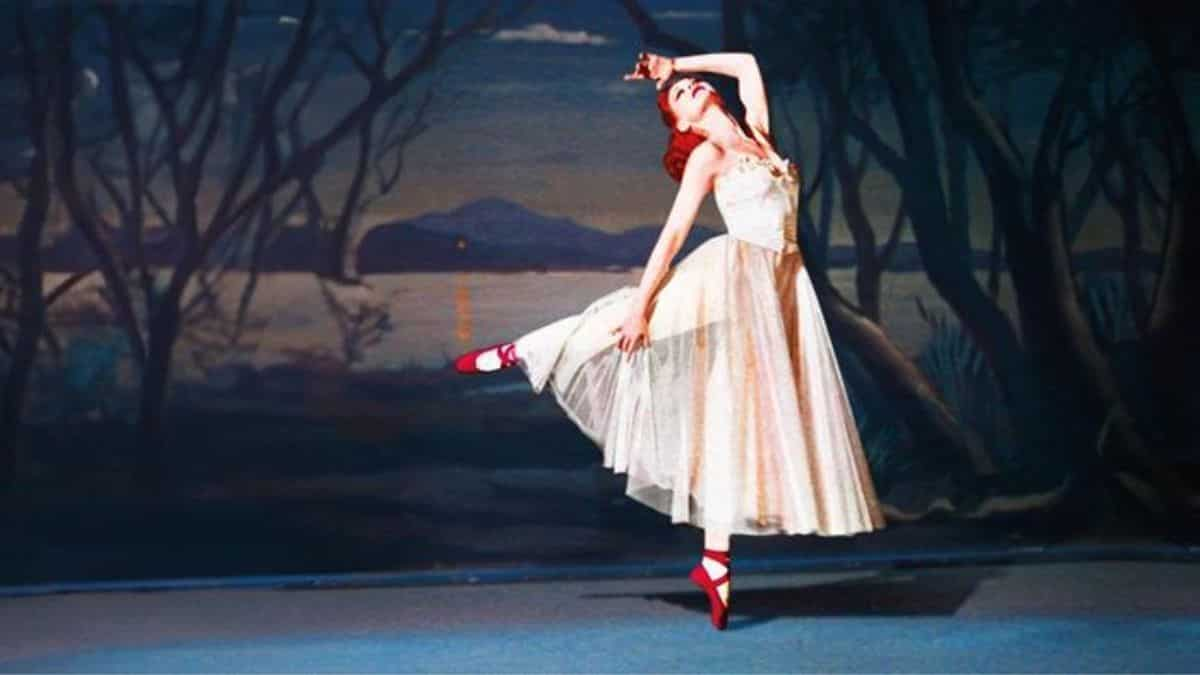
David Hinton & Thelma Schoonmaker On Made In England: Huge Amount Of Love Central To The Film
8 months ago | 95 Views
IF ONE CURSORILY LOOKS UP MARTIN SCORSESE discussing the cinematic influences on his work, one set of names comes up repeatedly: Michael Powell and Emeric Pressburger, the dynamic British creative force who worked extensively during the 1940s and ‘50s. Scorsese’s profuse admiration for them is evident in the many times he talks about their films and the Film Foundation — his collective endeavour with other filmmakers to restore and exhibit films — has restored several of their works.
Powell and Pressburger have been monumental in the way their films pushed the boundaries of cinematic invention and imagination. Their collaborations (they helmed 19 feature films together) thrived with the distinct energies of Powell’s direction and Pressburger’s writing and impacted a host of filmmakers who came after them. Together they were called The Archers, and they made an unfathomable dent in the world of filmmaking.
The recent documentary Made In England is an ode to them. Directed by David Hinton, who made a British TV documentary on Powell in the 1980s, it is a fascinating outing that unfolds as a restoration of their films with just one talking head: Martin Scorsese. Made In England is about the filmography crafted by two filmmakers, which is dissected, explored and examined by another filmmaker. The result is sublime in the way it highlights the unique ways in which Scorsese’s films and aesthetics were shaped by Powell and Pressburger (the long preparation for a duel in The Life and Death of Colonel Blimp made their way to Raging Bull where everything leading up the fight is depicted except the fight, or the anti-hero in The Red Shoes coloured the many anti-heroes filled in Scorcese’s oeuvre, especially Taxi Driver). The documentary also does something else. Unwittingly, perhaps, but Made In England preserves the legacy of three filmmakers. The film is produced by Thelma Schoonmaker, Scorcese’s long-time editor and Powell’s wife, and is available on MUBI.
Both Hinton and Schoonmaker spoke to this correspondent about the ways they went out stitching together this work that leaks in the corners with effusive love. Edited excerpts below:
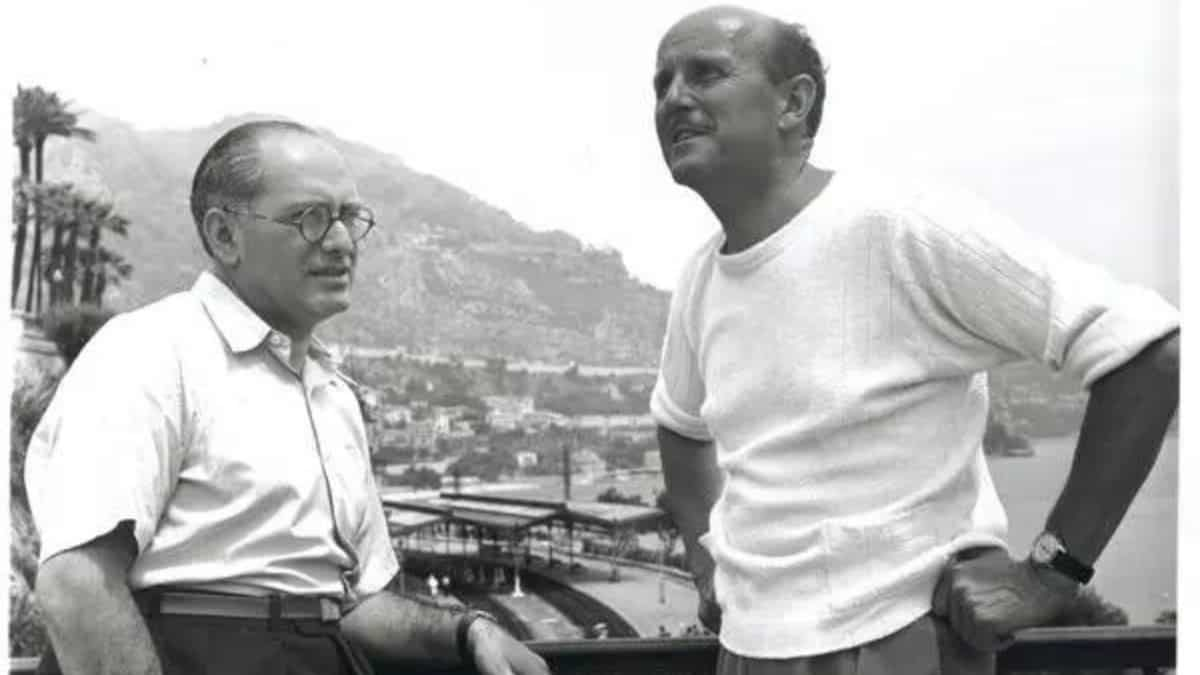
Thelma, you have been a strong advocate of preserving their films. How did you arrive at the idea of making a documentary on Powell and Pressburger?
THELMA: Scorcese had already taught me about the Powell and Pressburger films that I loved. David Hinton made a wonderful documentary on Powell. When Nick Varley (one of the producers of Made In England) approached me for this, I went to Marty and he said, yes, we should do it. We chose David as the director because of his wonderful work on it. We love Powell so much and David knew him personally and that was really helpful. He also had this idea of including Marty as the only person other than Powell and Pressbuder. I thought this was a brilliant decision and very effective in the documentary, especially in his personal and emotional attachment.
Made In England doubles as a preservation of three filmmakers. David, when you started out envisioning it, did you think of it as something that had such a possibility?
DAVID: I had not actually thought about it like that (laughs) but that’s a good way of thinking about it. What I was sure about is that there is no one I would rather hear talking about their cinema apart from Martin Scorcese. It was a no-brainer that he would be presenting the film. There is a huge amount of love central to the film because although my name is there as the director, it is really the result of the collaboration of three people — myself, Thelma and Martin Scorcese.
David, you worked on a documentary on Powell in 1986. What keeps drawing you to his work?
DAVID: I almost came to films through the man. The reason I directed the documentary, those many years ago, was because of Powell’s autobiography. It was just published and it is wonderful and I recommend it to everybody. I knew his films were big but it was reading the autobiography that made me want to make the film with him. Through working with Michael for television, I started going deeper into that work and that has continued ever since.
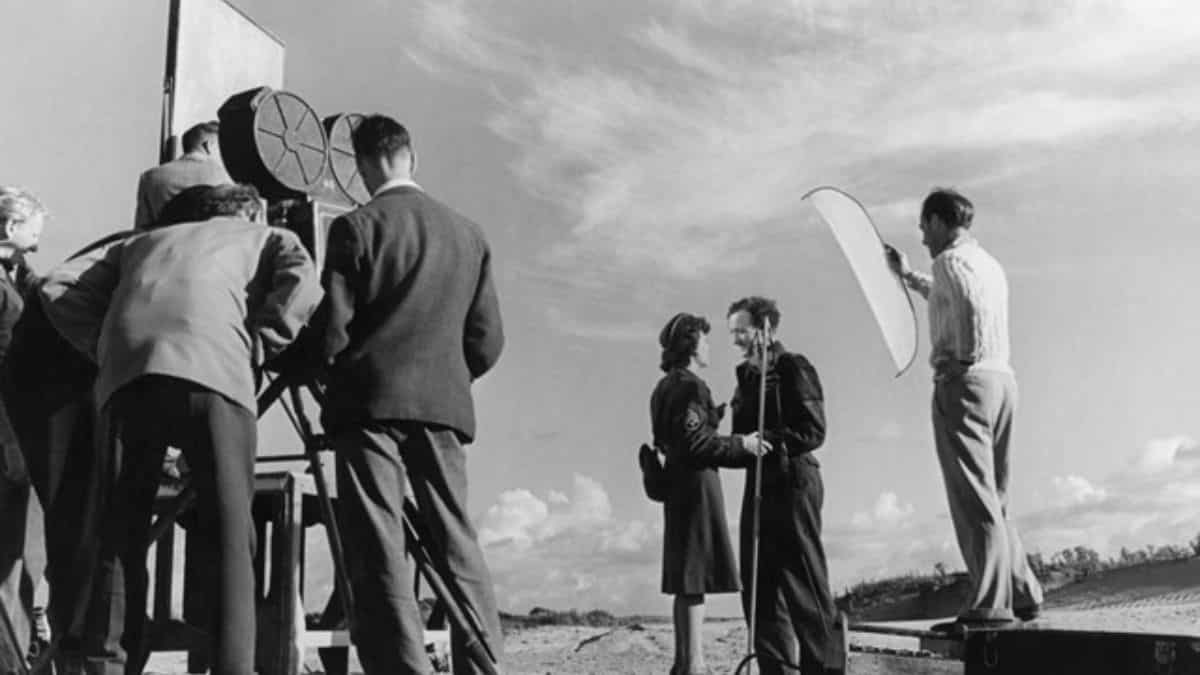
Did a project like this linger in your head for years?
DAVID: Very much so. Michael is a very important person in my life. When I met him, I was a heedless young man; he was already an aged and imminent figure in the British industry. He was a great inspiration in my personal and professional life. I admired him as a person and a filmmaker. He always had a sparkle in his eyes and was up for everything. He always found something to enjoy in life, and not just as a moviemaker.
THELMA: He made me out in his gravestone: Michael Powell, film director and optimist. He loved every second of every day. Living with him was remarkable because from the moment he opened his eyes, he was appreciating or thinking about his book, or making a wonderful meal. He just relished and swallowed up every day which was fantastic. There are not many people who are like that.
Thelma, you have been his partner for years. When making a film on him, was it difficult to be objective?
THELMA: I don’t think I have objectivity, I just loved his films so much (laughs). I feel it is such a formidable body of work that sustains and encourages Marty and me all the time. We talk about it frequently in the editing room. David had a little to rein us in.
DAVID: If Thelma and Marty had their way, the film would have been 5 hours long [laughs]. They love the movies so much and my role was to rein them in a little. You can’t have 30 minutes of clip from the movie
THELMA: It was one of the hardest things to do — to have a touch of their masterpieces.
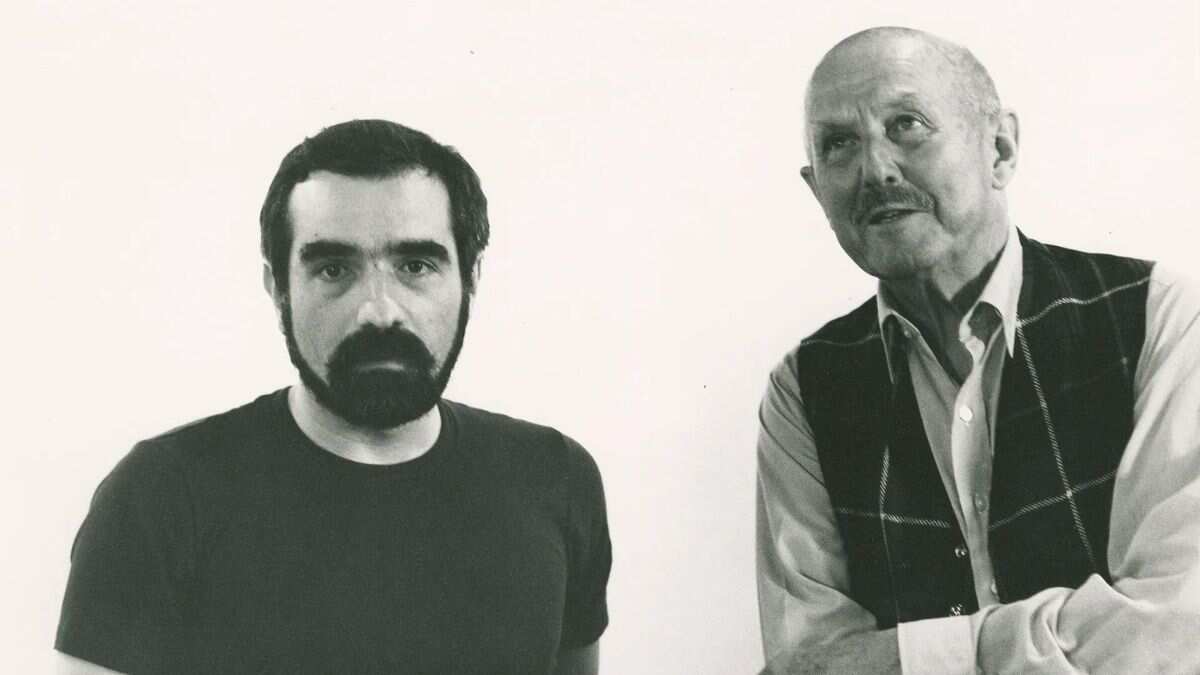
If I ask both of you, what film would you recommend as an initiation to their filmography?
DAVID: The Red Shoes. I think it is a great introduction to their work. The film is accessible and radically experimental. And there is a fantastic character at the centre of it.
THELMA: David is right. The Red Shoes teaches you so much about filmmaking. When I was showing Marty the possible clips to use, he would sometimes shout from the back of the room, “look at the filmmaking, just look at the filmmaking”. He says the movie is in his DNA and he means that. He thinks about those incredible camera movements and listens to the music.
#

